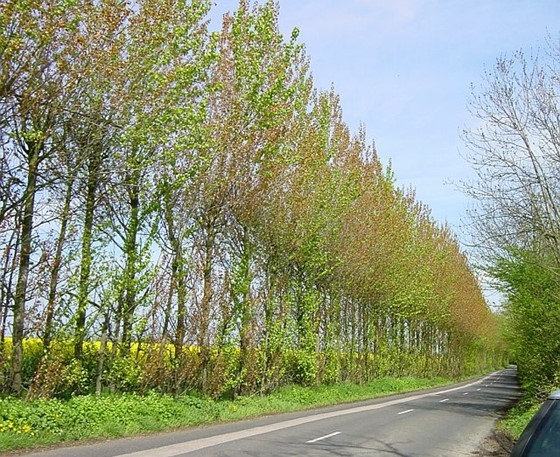News
CNVP expands its agro-forestry activities

Agricultural land is very limited in the Albanian village of Zejmeni in Lezha municipality. In 2016, its women’s producer group requested CNVP’s agro-forestry experts to help it use the rocky lands in the hills around the village, using traditional agro-forestry methods. Used before the 2nd world war as an edible forest garden, poultry and livestock were combined with the grafting of natural wild pear trees that are grown naturally on the slopes around the village.
Working through Forests for Local Economic Development (FLED), a Sida-funded project implemented by CNVP Albania, the main activities undertaken by the producer group involve the identification, grafting and growing of wild fruit trees in natural conditions, as well as mixing native fruit trees and forest species. The group is also involved in planting trees and grasses, using mulching to improve soil fertility, as well as producing nuts, vegetables and other edible fruits.
The project has three primary goals:
- high yields of diverse products - food, fuel, fiber, fodder, fertilizer and non-timber forest products, including medicinal plants;
- a largely self-maintaining forest garden; and
- a healthy ecosystem, (backed up by a lot of fun!).
About 20 species of nut, forest and fruit trees have been identified for planting in the forest garden, including olive, pomegranate, oak and rootstock pears. The project is storing approximately 500 m3 of rainwater in small tanks for irrigation during the summer.
CNVP is also introducing agro-forestry in the Korca region of south east Albania. Limited agricultural land, land fragmentation and a high demand for firewood require innovative techniques to manage agriculture and forestry on a sustainable basis. The FLED project is supporting rural communities to plant forest trees on agricultural land, in order to diversify production and improve the landscape. In 2013, CNVP identified the possibility for planting poplars on agricultural land, creating shelterbelts alongside roads, channels and the edges of fields, as well as creating small-scale plantations that combine crops and trees. More than 20,000 poplar trees have been planted to date. CNVP is continuing to develop its agro-forestry practices for the benefit of farmers, integrating the production of trees, crops and livestock. Agro-forestry is thus helping to make the local farming system more diverse, productive and sustainable, as well as friendly to the environment.
